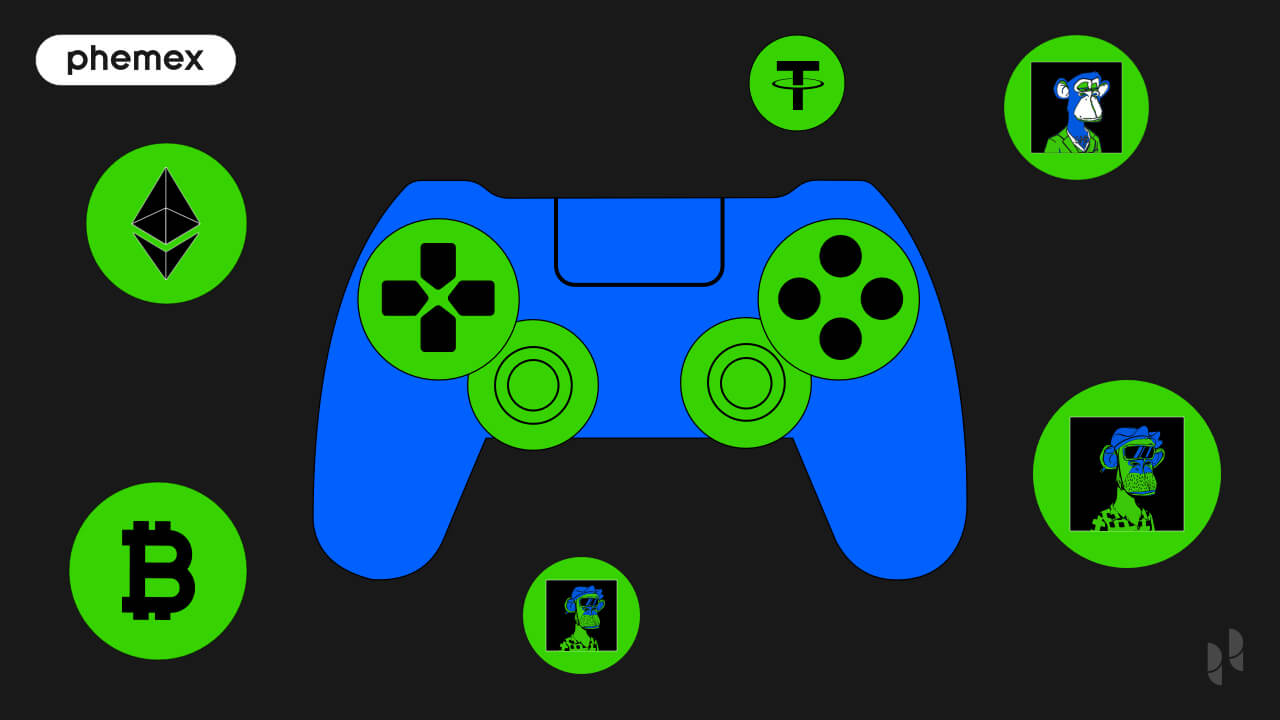There was a time when video games didn’t need open worlds, ray tracing, or massive multiplayer lobbies to be great — they just had to be fun. But over the decades, gaming has matured into something more layered, artistic, and impactful. Some games transcend their time of release and become permanent fixtures in pop culture. These are the games that shaped our memories, changed the industry, and still hold up today.
This isn’t just a list — it’s a reflection on how video games became the defining entertainment medium of our generation.
The Games That Defined Generations
Some titles leave such a mark that they become synonymous with their platform — Halo: Combat Evolved is one such game. Its release not only launched the Xbox console into relevance but also redefined how first-person shooters could play on a controller. With innovative mechanics like regenerative health, dual-wielding, and vehicular combat, it set the standard for console FPS for years to come.
Likewise, The Last of Us delivered an emotional gut punch rarely seen in interactive media. Its narrative, centered around Joel and Ellie’s journey across a broken America, turned gaming into an emotional experience on par with cinema. What set it apart wasn’t just the heartbreaking story, but how it was told — through subtle performances, ambient storytelling, and intense, morally complex choices.
And then there’s Red Dead Redemption 2 — a game that feels less like a story you play and more like a world you live in. Rockstar’s attention to detail made the American frontier feel alive with possibility, heartbreak, and consequence. It remains a benchmark for open-world storytelling.
Modern Marvels and Indie Legends
Some of the best games ever made aren’t decades old — they’re recent masterpieces that show how far the medium has come. Take Elden Ring, for example. FromSoftware took the punishing brilliance of Dark Souls and expanded it into a hauntingly beautiful open world. The freedom of exploration, paired with deep lore and challenging combat, made it an instant classic. With over 500 hours invested by many players, it’s become a cultural moment, not just a game.
Another modern icon is Minecraft. While deceptively simple on the surface, its creative depth and near-limitless potential have made it the highest-selling game of all time. Kids, creators, and educators alike have embraced its digital sandbox, crafting everything from functioning computers to replicas of entire cities. It’s not just a game — it’s a platform for imagination.
On the indie side, Celeste and Cuphead prove that smaller teams can create experiences just as powerful as their AAA counterparts. Celeste is more than a precision platformer — it’s a metaphor for climbing the mountain of mental health, filled with heartbreak, resilience, and triumph. Cuphead, meanwhile, dazzled with its hand-drawn 1930s animation and unforgiving run-and-gun gameplay. These games show that heart, style, and design can rival budgets of any size.
Personal Impact and Lasting Legacy
Some titles are great because they’re personal. BioShock, with its philosophical themes and unforgettable twist (“Would you kindly…”), still resonates deeply with those who experienced its dystopian plunge. Super Mario World remains the gold standard of 2D platformers, offering buttery-smooth controls and boundless creativity. And for many, games like Phantasy Star or Tony Hawk’s Pro Skater aren’t just nostalgic trips — they’re reminders of when games first captured our hearts.
That’s the secret behind all these classics: they aren’t just well-designed — they mattered. They helped people through grief (The Last of Us), sparked friendships (Borderlands 2), built lifelong habits (League of Legends), and even taught problem-solving and creativity (Metroid Prime, Chrono Trigger).
Final Thoughts
Picking the “best” games ever made isn’t about technical excellence alone — it’s about legacy, innovation, emotional impact, and timeless design. The best games are the ones that continue to teach us, challenge us, and connect us — to ourselves and to others.
From the somber plains of Elden Ring to the pixelated joy of Stardew Valley, these titles aren’t just games. They’re history. They’re culture. And for many of us, they’re home.




